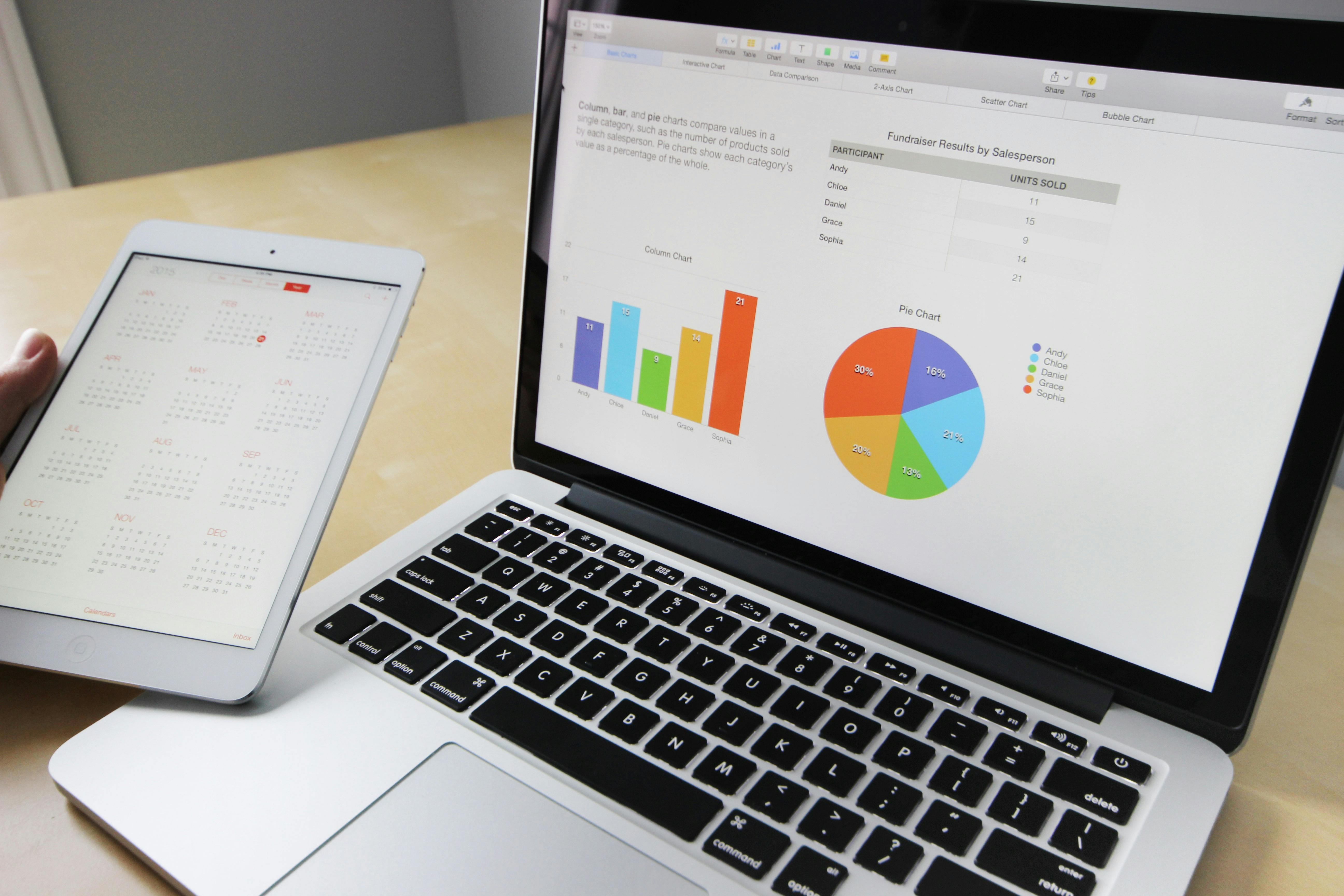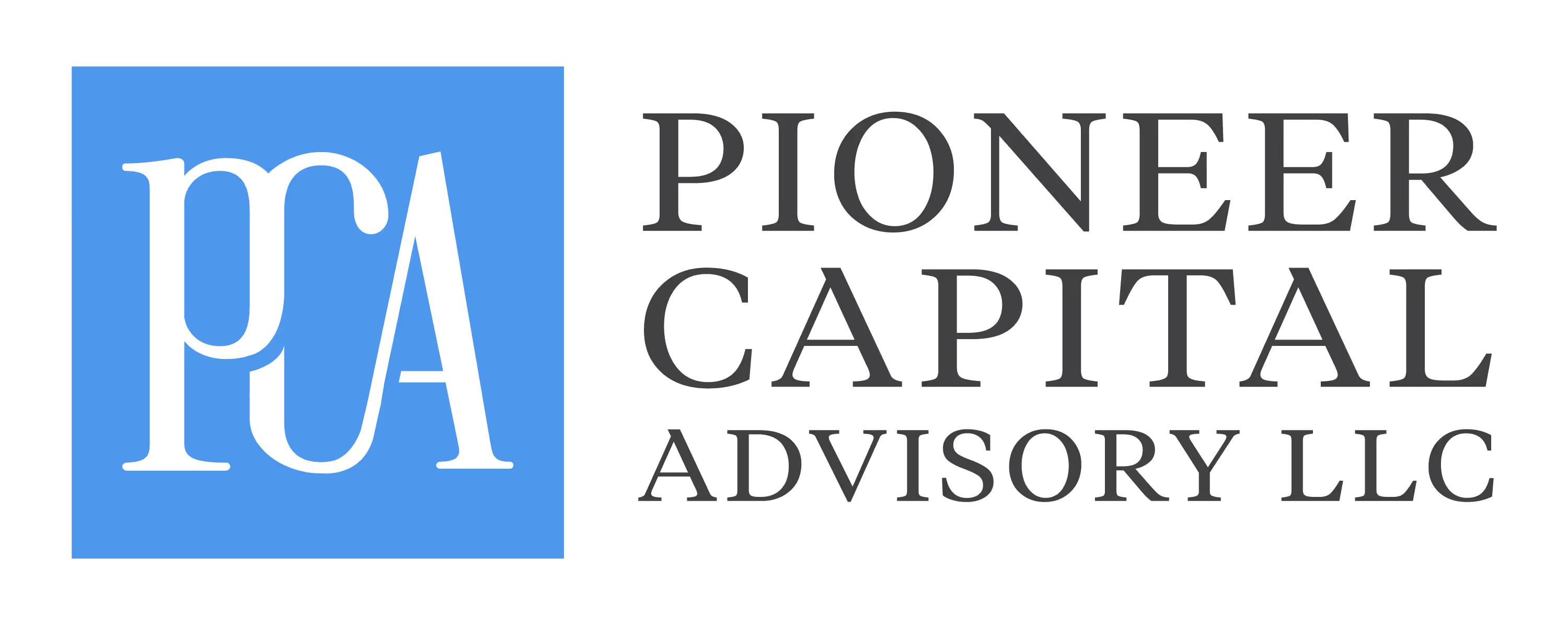


The entrepreneurial landscape is constantly evolving. Shifting consumer behavior, technological change and an aging generation of owner‑operators are creating an unprecedented number of acquisition opportunities for those who are prepared. Below we explore which sectors are likely to offer the strongest potential for small‑business buyers in 2025. We also outline financing considerations — including Small Business Administration (SBA) programs — and provide practical advice on how to evaluate targets responsibly.
Why 2025 is a pivotal year for acquisitions

The coming year is expected to be a banner year for small‑business M&A. Analysts see a wave of baby‑boomer owners looking to retire and a steady flow of service‑sector demand driven by demographic trends. At the same time, borrowing costs have stabilized after 2024’s rate hikes. Buyers who can access capital — through savings, investor equity or business acquisition financing — are well positioned to pick up high‑quality companies at reasonable valuations. It's important to note that SBA loan programs, such as the SBA 7(a) loan for business acquisitions, require meeting both lender underwriting standards and SBA guidelines regarding eligibility, use of proceeds, and guaranties.
To remain compliant with the SBA’s SOP 50 10 8 guidelines, prospective borrowers should ensure the business they plan to purchase is for‑profit, U.S.-based, falls within SBA size standards, and that loan proceeds are used for eligible purposes.
SBA loans generally cannot be used for passive investment or to buy businesses that are speculative in nature; buyers must also demonstrate that they could not obtain credit elsewhere and may need to provide a personal guarantee. Consult a qualified advisor or attorney before relying on any specific financing structure.
1. Home and property services

Home service businesses — plumbing, HVAC, roofing, landscaping and electrical contracting — remain recession‑resistant and benefit from local licensing moats. Many of these trades are labour‑intensive and require certifications, creating high barriers to entry and stable cash flows. During economic slowdowns, homeowners often invest in repairs and improvements rather than purchasing new homes. A roll‑up strategy can be particularly effective in this fragmented sector.
2. Professional and business services
Accounting, bookkeeping, IT support, marketing agencies and similar professional service firms generate recurring revenue from long‑term clients. They have low capital requirements and can often be managed remotely, making them attractive for first‑time buyers. In 2025, the growth of remote work and the proliferation of cloud software continue to drive demand for outsourced services.
When financing these acquisitions, consider business acquisition loans from specialized lenders or SBA 7(a) loans. The SBA requires that a buyer invest sufficient equity (usually at least 10 % of the total project cost) and that the seller exit the business completely to avoid an affiliate relationship.
3. Healthcare and personal services

Aging demographics and heightened awareness of health and wellness have boosted demand for dental practices, home‑health agencies, physical therapy clinics and veterinary services. These businesses often have steady cash flow and strong referral networks. Acquisition multiples can be higher than in other sectors, so careful due diligence and consideration of SBA loan approval timelines is essential.
4. Specialty manufacturing and industrial services
The reshoring movement is encouraging domestic production of key components and industrial goods. Niche manufacturing companies with specialized know‑how (e.g., custom metal fabrication or precision machining) can command premium prices due to their technical barriers and local moats. Buyers should evaluate working‑capital requirements and SBA 7a loan requirements for equipment and real‑estate financing.
5. Sustainable and green businesses
Consumer interest in sustainability is transforming industries such as solar installation, energy‑efficient building retrofits, electric‑vehicle charging infrastructure and environmentally friendly cleaning services. Government incentives and shifting public sentiment are likely to support robust demand in these sectors through 2025 and beyond.
Financing considerations

Whichever sector you pursue, securing financing is a critical step. Many buyers pair equity with debt through:
- SBA 7(a) loans: Available for up to $5 million, these loans require that the target business meet SBA eligibility rules, that buyers contribute adequate equity and that they personally guarantee the loan. Proceeds can be used for the acquisition, working capital and improvements, but cannot be used for passive investment or speculation.
- Conventional business acquisition loans: Banks and specialty lenders offer loans that may have lower fees but typically require larger down payments and stronger collateral.
- Seller financing: Arrangements where the seller carries a note can bridge funding gaps and demonstrate confidence in the business. Terms must align with lender and SBA guidelines. For example, if the seller note is being used to satisfy part of the required 10% equity injection, it must typically be on full standby until the SBA loan is repaid. If the seller note is in addition to the 10%, it may not require full standby, depending on lender approval and deal structure.
- Investors and private equity: Raising equity from investors or using a self‑funded search structure can help buyers tackle larger opportunities. Make sure to comply with securities regulations when soliciting capital and consider drafting a private placement memorandum.
Due diligence and next steps

Regardless of industry, perform thorough due diligence. Review financial statements, verify customer concentrations, inspect licenses and permits, and understand the competitive landscape. Work with an experienced broker or advisor to negotiate price and terms. Finally, ensure that you have a clear post‑LOI strategy and timeline for obtaining financing and closing the deal.
Summary
The best industries for buying a small business in 2025 share common traits: recession resilience, local or technical moats, recurring revenue and favourable demographic or policy trends. Home and property services, professional services, healthcare, specialty manufacturing and sustainable businesses stand out as particularly attractive sectors. Buyers should align their search with these trends, leverage appropriate financing and follow SBA guidelines to ensure a smooth acquisition. By planning ahead and working with trusted advisors, you can position yourself to capitalize on the wave of opportunities in the year ahead.
Contact us today to get the proper guidance to SBA 7(a) loan financing
New Blog Posts


